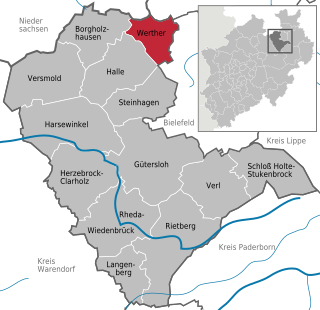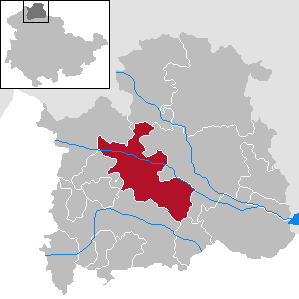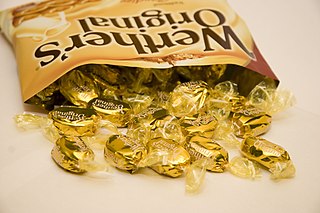
Loudun is a commune in the Vienne department in the Nouvelle-Aquitaine region in western France.
Emilia Galotti is a play in five acts by Gotthold Ephraim Lessing (1729–1781), which premiered on 8 March 1772 in Brunswick. The work is a classic example of German bürgerliches Trauerspiel. Other works in this category include Schiller's Kabale und Liebe and Hebbel's Maria Magdalene. The story is based upon the Roman myth of Verginia.
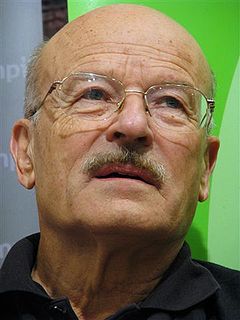
Volker Schlöndorff is a German filmmaker who has worked in Germany, France and the United States. He was a prominent member of the New German Cinema of the late 1960s and early 1970s, which also included Werner Herzog, Wim Wenders, Margarethe von Trotta and Rainer Werner Fassbinder.
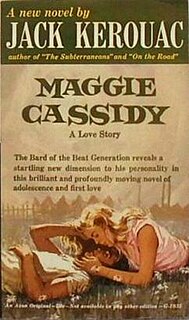
Maggie Cassidy is a novel by the American writer Jack Kerouac, first published in 1959. It is a largely autobiographical work about Kerouac's early life in Lowell, Massachusetts, from 1938 to 1939, and chronicles his real-life relationship with his teenage sweetheart Mary Carney. It is unique for Kerouac for its high school setting and teenage characters. He wrote the novel in 1953 but it was not published until 1959, after the success of On the Road (1957).

Ulrich Plenzdorf was a German author and dramatist.
Rudolf Lothar [rú:dolf ló:tar] was a Hungarian-born Austrian writer, playwright, critic and essayist.

Erik Anton Julius Schmedes was an operatic tenor, particularly known for his roles in operas by Richard Wagner. He was the brother-in-law of Vaslav Nijinsky's wife.
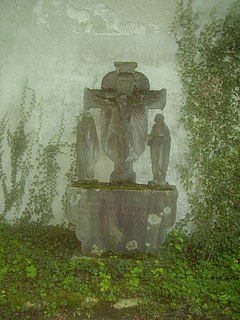
Franziska Freifrauvon Reitzenstein, née von Nyss, alias "Franz von Nemmersdorf" was a German novelist.

Hans-Jürgen von Bose is a German composer.
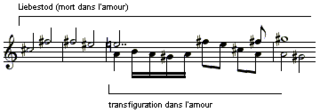
"Liebestod" is the title of the final, dramatic music from the 1859 opera Tristan und Isolde by Richard Wagner. It is the climactic end of the opera, as Isolde sings over Tristan's dead body.

Young Goethe in Love is a 2010 German historical drama film directed by Philipp Stölzl and starring Alexander Fehling, Miriam Stein, and Moritz Bleibtreu. It is a fictionalized version of the early years of the poet Johann Wolfgang von Goethe and the events forming the basis of his novel The Sorrows of Young Werther.
Encounter with Werther is a 1949 West German drama film directed by Karl-Heinz Stroux and starring Horst Caspar, Heidemarie Hatheyer and Paul Klinger. The book was set around the writing of the novel The Sorrows of Young Werther by Johann Wolfgang von Goethe.
Nero-Film AG was a German film production company founded in 1925 and based in Berlin during the Weimar era.

The Novel of Werther is a 1938 French historical drama film directed by Max Ophüls and starring Pierre Richard-Willm, Annie Vernay and Jean Galland. It is based on the 1774 novel The Sorrows of Young Werther by Goethe.
This page is based on this
Wikipedia article Text is available under the
CC BY-SA 4.0 license; additional terms may apply.
Images, videos and audio are available under their respective licenses.
